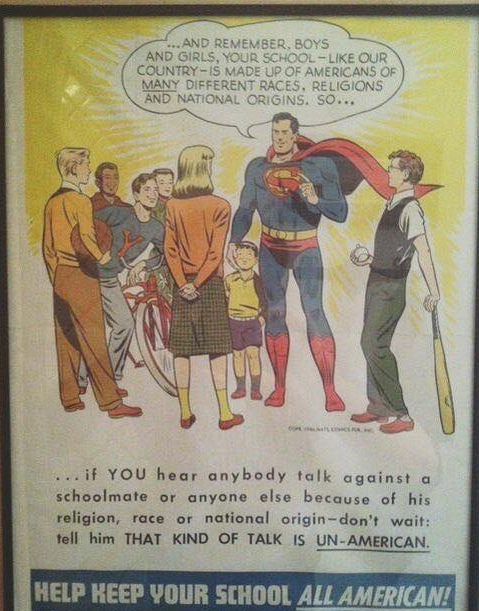We Are All One
When a civilization is new, it is formed by collaboration toward a goal, which enforces both hierarchy and quality standards. In such a civilization, people are known by their acts.
If that civilization survives, it then enters middle age. At this point, the goal is to be good at what it already is, and people are rewarded for allegiance and obedience rather than initiative.
After that, every human civilization so far created has entered old age. There, the goal is to participate only, or to do what others tell you to do and avoid offending taboo. This rewards people for obliviousness to results.
Sane people consider civilization survival the question of human philosophy. Since most civilizations fail, there is something not-obvious about how to avoid failing and, conversely, the way to failure looks like the way to success.
Civilization itself works like a kind of Ponzi scheme. The more people are created, the more the existing things that people own are worth, and so civilizations tend to grow through internal encouragement. But with that, a focus on quality is lost, and is replaced by the idea of mass manipulation, or convincing many equal people to swarm toward a goal through emotional fears and desires.
At that point, it becomes important to keep the group together because this is a prerequisite for it acting as a swarm. This is where the kindergarten teacher logic comes out: what is most important is that everyone gets along, which requires beating back conflict and enforcing identical participation in activities designed around an average. This is the utilitarian, managerial and “nanny” state that ushers itself into extinction.
From this comes the mythos of control, which is that it is more important to defend the power structure than to ensure that its authority is directed at reasonable ends. That amplifies an ancient monkey-level fear in humanity, which is of the group turning on the individual.
Out of that fear comes the human desire for “we are all one” thinking, which is a type of pacifism designed to appease the rest of the troupe of simians by extending universal inclusion in exchange for non-aggression. Instead of fighting internally to create a hierarchy, this group pathology aims to simply accept everyone.
What it denies is the need for internal conflict to keep civilizations in their early and early middle stages. With constant internal conflict, the civilization is constantly rediscovering its roots and goals, and pushing the more competent above the rest. Without it, it slides into senescence.
“We are all one” sounds like peace but in fact it is war against the quality of the civilization, which results in its slow decay. The death spiral is caused by each individual deciding to take advantage of the situation and pass the disaster on to the next generation.
There is great social fear of not joining the “we are all one” surge. It is effective salesmanship to insist that all people are accepted, which is what equality actually means: equal acceptance. It is also a powerful manipulation tool because it projects all conflict as outside of the group, which enables the group to feel like it is perfect in its current state.
No one seems to ask the vital question, which is “One what?” Are we all one civilization, species, or merely united in fear of risk and possible personal insufficiency? This remains a mystery because the we-are-all-one people do not want to delve into such divisive topics.
In the meantime, we-are-all-one serves the same purpose as pro forma tasks at a job. If you do those, you will be promoted, even if you fail to achieve anything of real-world, practical and goal-oriented value. The higher-ups like those who are obedient more than those who are effective but might be a threat.
In this way, the Ponzi scheme of civilization beats itself to death once it gets powerful enough to have people who are not ruling toward a goal, but in maintenance of the status quo through pacifism. Like most human errors, it looks innocent and positive at first, and only far later does its fatal nature emerge.
Tags: brotherhood, crowdism, decline, mutualism, pacifism, we are all one










